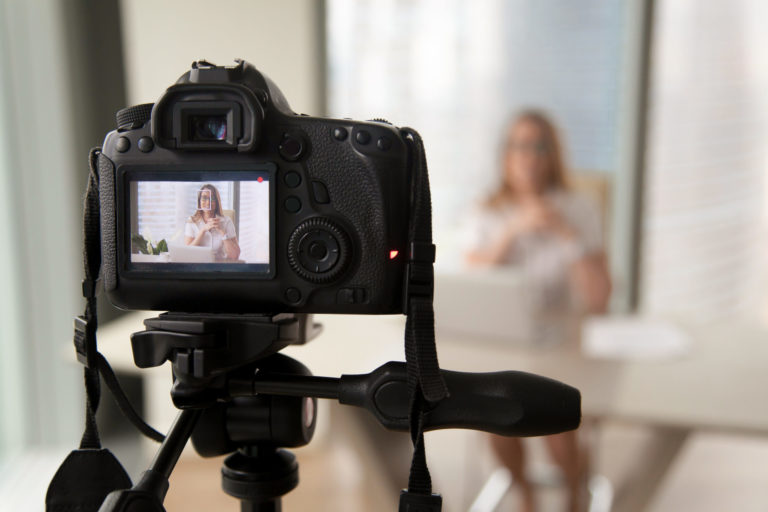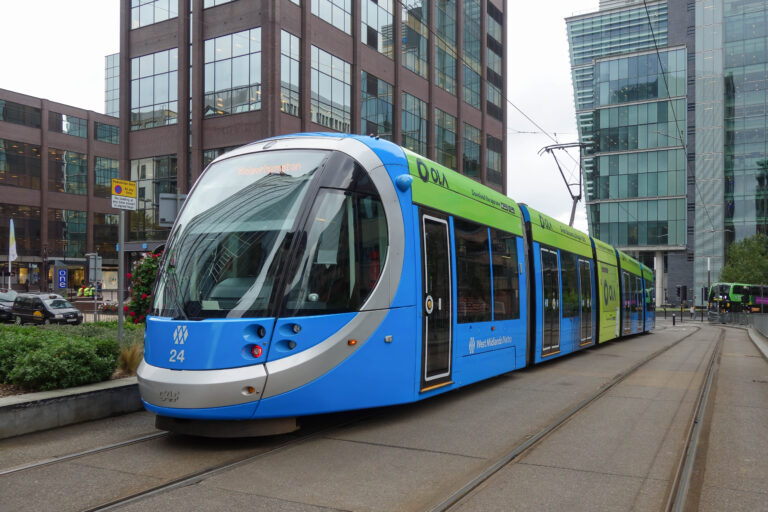Mike Ramsden is a former BBC News presenter and broadcast journalist, who now leads the media training and presentation training practice at communications agency PLMR – you can contact him at mike.ramsden@plmr.co.uk
I’ve carried out media training courses for people from all walks of life – charity bosses, teachers, crypto-currency experts – but this week, I led a media training session for a different group of people; my colleagues at communications agency PLMR.
They’re already media experts. They work in a PR Week Top 100 UK agency, and are at the top of their game. As you would expect, they have plenty to say about crisis communications, messaging strategies and branding. They’re often called on by media organisations like Sky and the BBC to talk about the communications challenges facing large organisations after data breaches, corporate misdemeanours and political developments.
So if my colleagues know their stuff, how could I help them? The sentiment that came back again and again from them was ‘help me build my confidence on camera’.
It’s to be expected. Live TV is scary. I’ve been on both sides of live television – interviewee and interviewer – and every single time, my heart rate quickened, even after a decade of news presentation for the BBC. I think that’s only right; live TV needs to be treated with the utmost respect from a performance point of view. Many lapses of concentration go unnoticed, but sometimes, they can come back to bite you – you only need watch the first four seconds of the following link for a good example… https://www.youtube.com/watch?v=DnEHMAhqUZM
Of course, if you’re a live contributor to a news programme, you’re likely to be concentrating intensely at the moment you’re about to go live. Concentration is key, rather than anxiety. So how do you separate the two?
Preparation. Preparation builds confidence. It’s something the team here at PLMR tried before their media training. Everyone needs different levels of preparation, and some people prepare in different ways. But in my view, preparation is the key to unlocking confidence.
Let’s take the example of live reporting. The challenge? Speak for two minutes about a subject you knew little about an hour ago.
When I was a reporter, about to go live, I found the best way to remember was to have conversations. If I could get someone to tell me something in person, as I researched a story, I would remember it. It could have been an eyewitness, a spokesperson, or a producer back at base. So I’d start my preparation by calling people up, asking them searching questions, seeing what response I got.
Why did I remember conversations? I think it’s because we often communicate in conversation by using storytelling techniques. A chat about something that’s happened on a story usually had lots of emotion, and that made it memorable.
There are many other techniques that can improve your on-air performance. But the key thing to remember is that every moment you spend preparing will pay back in confidence when you’re on air. So, even if you’re only remotely likely to appear as a guest on a news broadcast any time soon, start preparing now.




